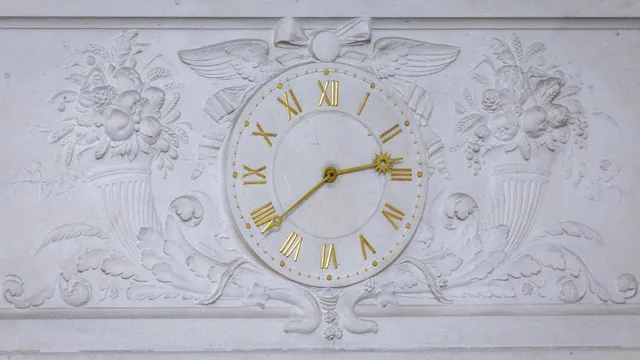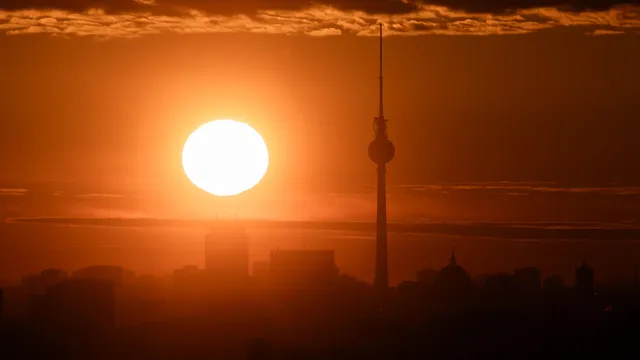Can't figure it out? Let's put it this way: if you are told, "You have until midnight on Monday to do this exercise," when will you hand it in? Does it mean Monday at 0:00, i.e., the first minute of Monday? Or rather at 24:00 on Monday, i.e. the last minute of the day, which is the same as 0:00 on Tuesday?
In everyday life, this problem does not arise, and many people consider "Monday at midnight" to be nothing more and nothing less than Monday evening at 11:59 p.m. (plus 1 minute).
In other words, the exact transition from Monday evening to Tuesday morning.
However, sometimes this ambiguity creates a real problem: if you are asked to pay your taxes or apply for a training course before a certain date at midnight, what do you do? The Slate portal provides a detailed explanation.
Let's clarify right away: is midnight on Monday considered 11:59 p.m. on Monday plus 1 minute, or rather 12:00 a.m. on Tuesday?
The answer is... the first option, although the ambiguity is widespread, even in many administrative documents.
To find confirmation, we need to turn to the dictionary of the National Center for Text and Lexical Resources (CNRTL).
It defines midnight as the hour in the middle of the night, the twenty-fourth hour of the day.
In other words, "midnight Monday" means the end of Monday, although it also marks the beginning of the next day, hence the obvious ambiguity.
If you find this difficult to remember, just listen to your clock: when midnight strikes, the clock strikes twelve times, not zero. The technique is a little unreliable, but it works.
Despite the CNRTL's explanations, the confusion is still evident, to the extent that some institutions prefer to avoid the term "midnight" in favor of clearer indications: "0:00" for the start of the day and "23:59" for the end.
Farewell to twenty-four hours in a day: it now stretches from 0:00 to... 23:59.
Other countries have found alternatives. Some Italian administrative forms sometimes use "ventiquattro ore," or "twenty-four hours," to avoid unpleasant misunderstandings, according to Libération.
English-speaking countries use a 12-hour system, which is slightly less confusing.
Midnight becomes "12 a.m.," or 12 hours before noon, which marks the beginning of the day.
"Monday at 12 a.m." means the beginning of Monday... and "Monday 11:59 p.m." means the last minute of Monday. Are you still here?
Twenty-four hours a day, whose fault is it?
If we've gotten this far, let's not get hung up on the story of midnight and company, the fault lies primarily with... the Babylonians! Three thousand years ago, they were the ones in Mesopotamia who decided to divide each day into twenty-four hours.
This decision was far from arbitrary or ill-considered.
The Babylonians established this division by observing the sky: the Earth makes a complete revolution around itself in about twenty-four hours, which corresponds to an average solar day.
Let's not look any further, from now on each day will be twenty-four hours, twelve for the day and twelve for the night, and that's it.
Moreover, this number fits well into the sexagesimal number system based on the number 60, which is convenient for division and was used by the Babylonians.
This gives us sixty seconds in a minute, sixty minutes in an hour, and twenty-four hours in a day.
Later, in Antiquity, sundials allowed the day to be divided approximately, before the invention of mechanical clocks in the Middle Ages finally established twenty-four hours as the standard we know today, with the uncertainty surrounding midnight. | BGNES

 Breaking news
Breaking news
 Europe
Europe
 Bulgaria
Bulgaria







